Patient Handling Devices
GBUK Banana are proud to be recognised as a leading organisation in the field of patient care, having been awarded the Queen’s Award for Enterprise in the Innovation category in 2020. Our clinical team have developed an in-depth understanding of the industry and its challenges, creating evidence based solutions to address key issues. We are dedicated to the advancement of patient care and are committed to driving innovation and best practice through our passion and enthusiasm.
Winner
In 2020 GBUK Banana were honoured to receive the prestigious Queen’s Award for Enterprise in the Innovation category.
Clinical Team
Our clinical team have a strong understanding of the issues faced by the industry, creating alternative evidence based solutions to tackle problems within the industry.
Inspired
We’re inspired by the future of patient care and what GBUK Banana can bring to the industry, through our passion and enthusiasm for innovation and good practice.
Products
Safe and Efficient Patient Handling Products for Healthcare Professionals
Facilitate safe and efficient patient handling with our high-quality products, including Slide Sheets, Air Devices, Slings, Transfer boards and Mobility Aids. Our reliable and durable equipment is designed to meet the specific needs of healthcare professionals in hospitals, long-term care facilities and home healthcare settings. Our aim is to reduce the risk of injury to both patients and healthcare professionals with our easy-to-use products.
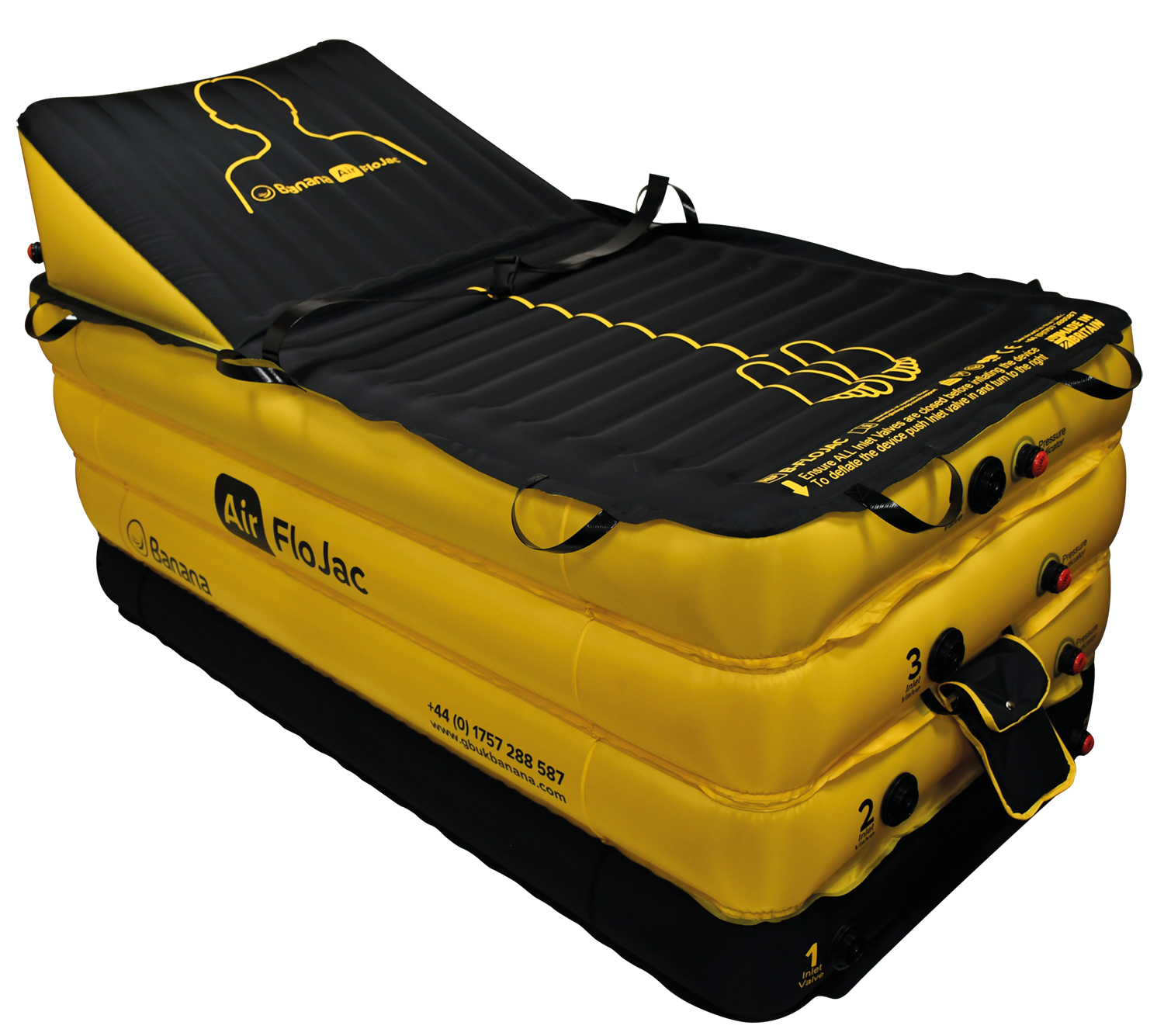
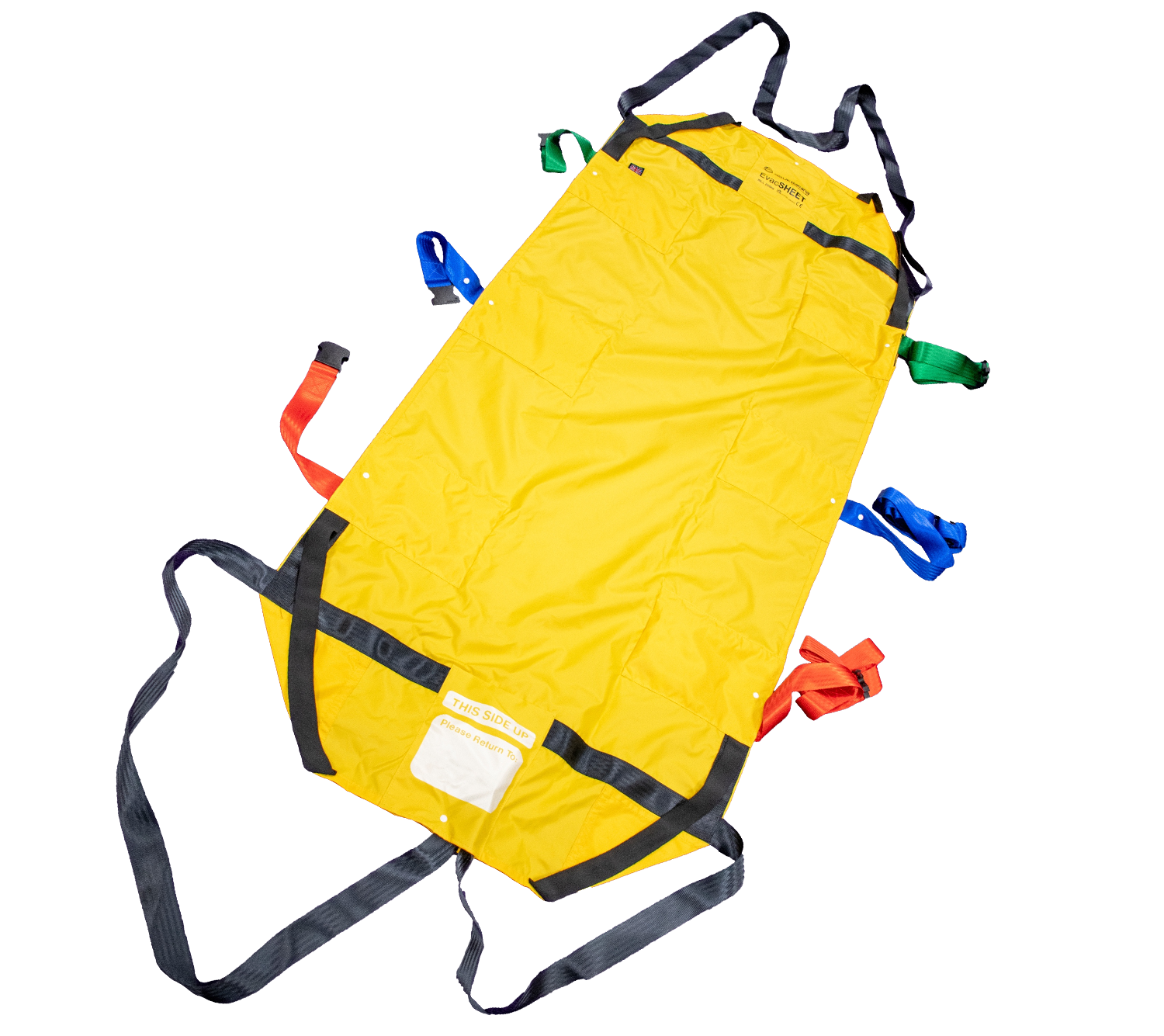
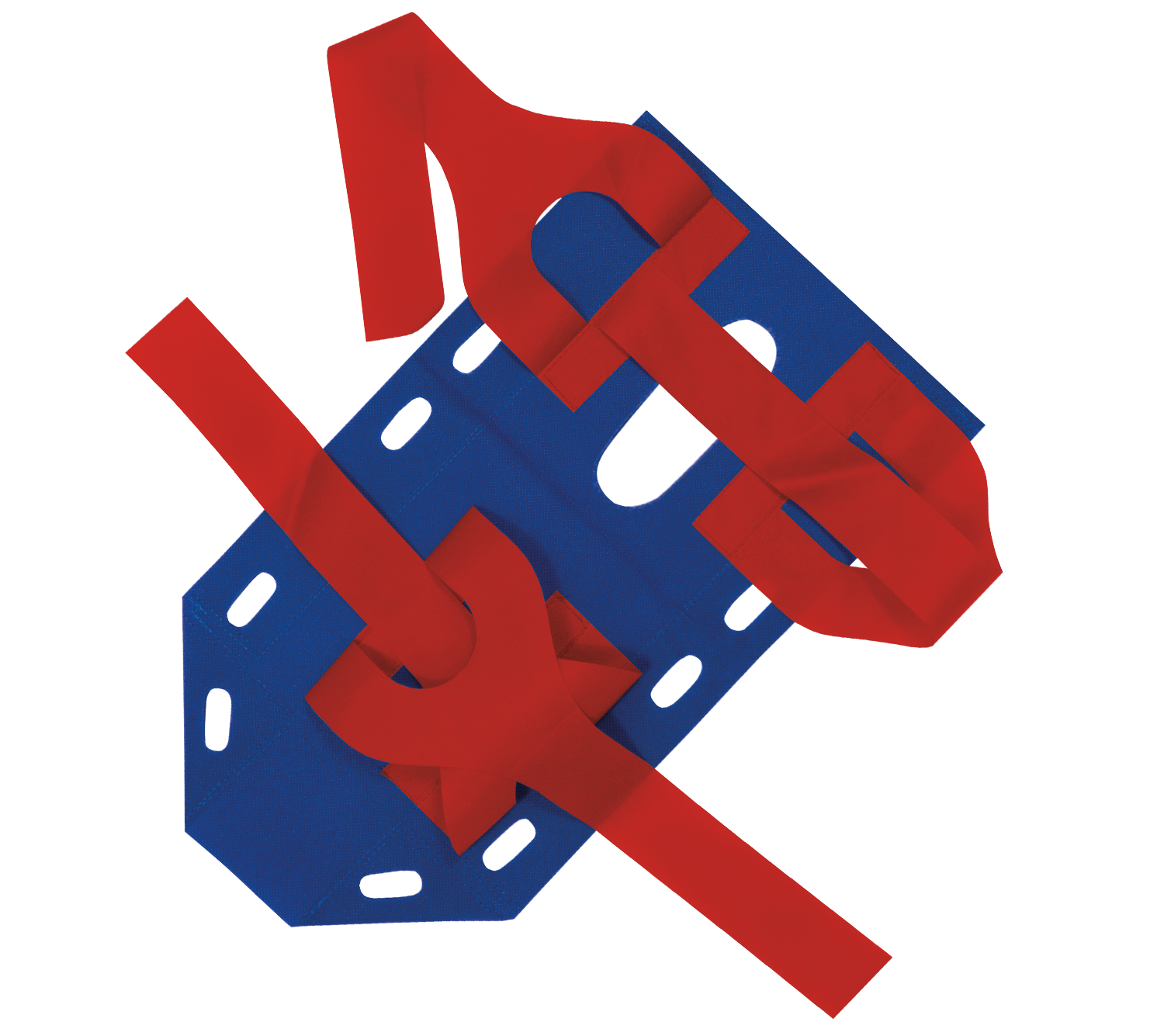
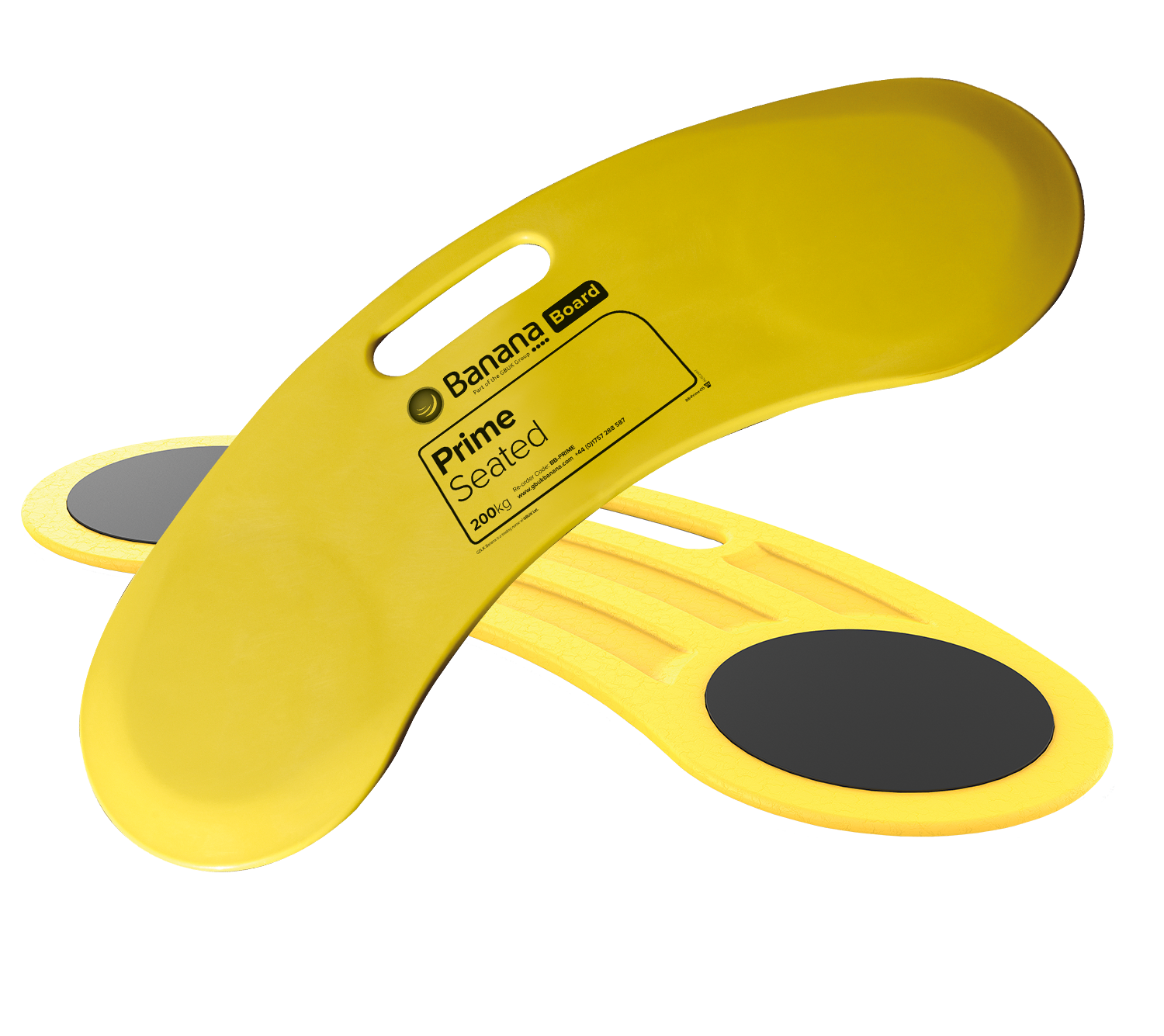
Is approximately spent each year in the NHS for Hospital acquired pressure ulcers
Education & Training
Nursing is a critical profession that is essential to the healthcare system and the well-being of patients. Education is imperative to help improve standards and promote excellence in patient care.
UK Patient Handling Information
Patient Handling refers to the tasks involved in lifting, transferring and repositioning patients who may be unable to move on their own. This is a critical aspect of healthcare, as patient handling tasks are among the leading causes of work-related musculoskeletal disorders (MSDs) for healthcare workers. These injuries can have a significant impact on the physical health and well-being of healthcare workers and can result in increased costs due to lost work time and workers’ compensation claims.
To reduce the risk of injury, healthcare facilities use a variety of tools and equipment to assist with patient handling tasks. Some of the most common tools include Air Devices, Slide Sheets, Slings, and Transfer Boards.To reduce the risk of injury, healthcare facilities use a variety of tools and equipment to assist with patient handling tasks. Some of the most common tools include air devices, slide sheets, slings, and transfer boards.
Air Devices
Use air pressure to lift and transfer patients from one surface to another. These devices are designed to minimise the physical strain on healthcare workers and reduce the risk of injury during patient transfers. By using Air Devices, healthcare workers can lift and transfer patients with less physical effort, reducing the risk of back injuries, strains and sprains.
Slide Sheets
These are made of a low-friction material, such as nylon or polyethylene, and are used to reduce the friction between the patient and the surface they are being moved on. This can help reduce the physical effort required to move patients and minimise the risk of injury to both the patient and the healthcare worker.
Slings
Are used to lift and transfer patients from one surface to another. They come in various shapes and sizes to accommodate different types of transfers. Using a sling can help distribute the weight of the patient more evenly, making it easier and safer to lift and transfer them.
Transfer Boards
These are made of plastic materials and are used to transfer patients from one surface to another, such as from a bed to a wheelchair or vice versa.
Proning Equipment
Proning equipment is used to position patients who are critically ill with respiratory distress in the prone position to improve their oxygenation and ventilation.
Emergency Evacuation
These specialised devices and equipment are designed to help evacuate patients from a healthcare facility or other building during an emergency situation. These products are designed to help healthcare providers or emergency responders safely move and transport patients who may be immobile or have mobility issues due to injury or illness.
In summary, patient handling tasks are an important aspect of healthcare, but they can also be physically demanding and can lead to injuries among healthcare workers. Using tools and equipment such as air devices, slide sheets, slings and transfer boards can help minimise the physical strain on healthcare workers and reduce the risk of injury during patient transfers. By investing in patient handling equipment and training healthcare workers on the correct techniques for patient handling, healthcare facilities can improve both the safety of their workers and the quality of care provided to their patients.
Why is using Patient Handling Products important?
Falls Rate:
According to the National Health Service (NHS) in England, falls are the most common cause of injury-related hospital admissions in people over the age of 65. In 2019/20, there were 220,877 hospital admissions for falls among people aged 65 and over in England. This represents a fall rate of 1,958 admissions per 100,000 population.
Obesity Rate:
According to the latest data from the NHS, in 2020, 28% of adults in England were classified as obese, with a Body Mass Index (BMI) of 30 or above. The prevalence of obesity has been steadily increasing over the past few decades, with rates rising from 15% in 1993 to 28% in 2020.
Hospital-Acquired Pressure Injuries (HAPIs) in UK Hospitals
Hospital-acquired pressure injuries (HAPIs), also known as pressure ulcers or bedsores, are a common and often preventable complication of hospital care. HAPIs can be painful and debilitating for patients, and they can also increase the risk of infection and other complications, leading to longer hospital stays and increased healthcare costs.
HAPI Incidence Rates:
According to data from the NHS Digital Hospital Episode Statistics (HES) database, the incidence of HAPIs in UK hospitals has remained relatively stable over the past five years. In the financial year 2016/17, there were 25,717 reported cases of HAPIs in England, with an incidence rate of 4.8 per 1,000 bed days. In the following year (2017/18), there were 25,215 cases of HAPIs reported, with a slightly lower incidence rate of 4.6 per 1,000 bed days.
For the financial year 2018/19, there were 24,674 cases of HAPIs reported, with an incidence rate of 4.5 per 1,000 bed days. In 2019/20, the number of reported cases of HAPIs decreased further to 22,383, with an incidence rate of 4.0 per 1,000 bed days.
It is important to note that the COVID-19 pandemic may have impacted the reporting and management of HAPIs in UK hospitals over the past year, and it remains to be seen how this will affect the overall trend in HAPI rates.
Falls & Obesity Information
Obesity and falls are two significant public health concerns that affect millions of people worldwide. While the two issues may seem unrelated, there is a significant link between obesity and falls. Obese individuals are more likely to experience falls, which can result in serious injuries such as fractures, head trauma, and even death. As the global population ages and the rates of obesity continue to rise, the importance of falls equipment becomes increasingly critical.
The Link Between Obesity and Falls:
Obesity is defined as having a body mass index (BMI) of 30 or higher. Obese individuals have a higher risk of falls due to a number of factors, including reduced mobility, decreased balance, and slower reaction times. They are also more likely to suffer from chronic conditions such as diabetes and heart disease, which can further increase the risk of falls. Falls in obese individuals can be particularly dangerous, as they are more likely to result in serious injuries.
Importance of Falls Equipment:
Falls equipment are important tools for reducing the risk of falls in obese individuals. These devices help caregivers move patients safely and comfortably, reducing the risk of falls and injuries. They also allow patients to maintain their independence and mobility, which can help to improve their overall quality of life.
Falls Statistics:
According to the World Health Organization (WHO), falls are the second leading cause of accidental or unintentional injury deaths worldwide, accounting for an estimated 646,000 deaths each year. Over the last 10 years, the number of falls-related deaths has increased by 17%. This is partly due to dementia, poor mobility, stroke, immobility and the aging of the global population, as older adults are more likely to experience falls. In addition, the rates of obesity have been steadily increasing, which has further contributed to the rise in falls.
It is important to get someone up quickly after a fall for several reasons:
Preventing further injury:
When someone falls, they are at risk of sustaining further injuries if they remain on the ground. This can be due to a variety of factors, such as exposure to the elements, potential tripping hazards or the risk of being stepped on. By getting someone up quickly, you can minimise the risk of further injury.
Reducing complications:
Staying on the ground for an extended period of time can also increase the risk of complications such as pressure ulcers, dehydration and pneumonia. By getting someone up quickly, you can reduce the likelihood of these complications occurring.
Promoting circulation:
When someone is lying on the ground, blood can pool in their extremities, reducing circulation to vital organs. By getting someone up quickly, you can promote circulation and ensure that the person receives the oxygen and nutrients they need to remain healthy.
Restoring confidence:
Falling can be a traumatic experience, and staying on the ground for an extended period of time can exacerbate feelings of fear and anxiety. By getting someone up quickly, you can help restore their confidence and reduce the risk of further falls in the future.
Overall, getting someone up quickly after a fall is important for their physical and emotional wellbeing. It can help prevent further injury and complications, promote circulation, and restore confidence, all of which are crucial for a speedy and successful recovery.
Air Devices
Air assisted devices, such as the Banana Flo transfer mats, offer several benefits:
Reduced Physical Strain:
Air assisted devices use air pressure to reduce the amount of friction between the patient and the surface they are being moved on. This means that less physical force is required to move the patient, reducing the risk of injury to caregivers and reducing physical strain on the patient.
Improved Patient Comfort:
Banana Flo air assisted devices provide a more comfortable surface for the patient to lie on during transfers. This can help reduce the risk of pressure ulcers and other skin injuries.
Faster Transfers:
Air assisted devices allow for faster and more efficient transfers, as less physical force is required to move the patient. This can help reduce the risk of complications that can occur when a patient is moved slowly or improperly.
Increased Safety:
Air assisted devices can help reduce the risk of injury to both patients and caregivers. They are designed to be stable and secure, reducing the risk of slips, trips and falls during transfers.
The percentage of force difference between air assisted devices and slide sheets can vary depending on the specific devices and circumstances involved. However, studies have shown that air-assisted devices can reduce the amount of force required to move a patient by up to 80-90% compared to traditional slide sheets.
Overall, the use of air-assisted devices for patient handling can provide significant benefits over traditional methods in terms of reducing physical strain, improving patient comfort and increasing efficiency and safety during transfers.
The assist is a simple turning device to get somebody from supine into prone back into supine again. Or into side lying for personal care or to help fit into a sling. It’s very hands off.
So, teams of people looking after people, don’t have to touch them. It’s just a fantastic piece that’s simply to use. It’s low competence, so it’s not complicated for carers to learn how to use it. They really can’t go wrong with it.
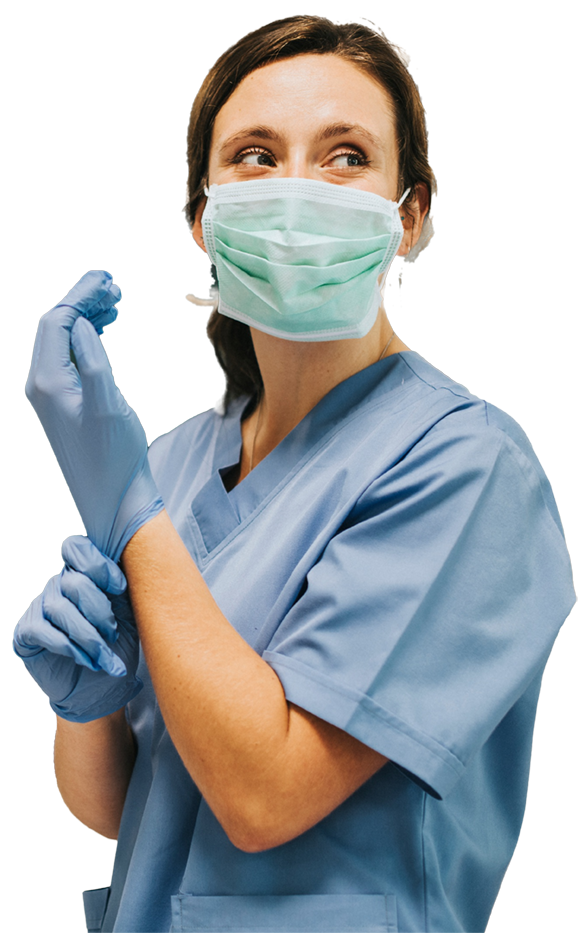
At GBUK Global we value your feedback
We are committed to providing you with the best possible experience. If you have any questions, comments, or concerns, please do not hesitate to contact us.
Our customer service team is available to assist you with any inquiries you may have. You can reach us via phone, email, or by filling out the contact form. We appreciate your business and look forward to hearing from you!
Call us
+44 (0)1757 288 587
Lines open
8:30 am to 5:30 pm
Monday - Friday
Deliveries
For all deliveries and collections, please park in the designated bay (HGV6) and call our number to confirm that you are in the HGV bay.
Visit us
GBUK Group Ltd.
Woodland House,
Blackwood Hall Business Park,
North Duffield,
Selby,
North Yorkshire,
YO8 5DD,
United Kingdom






